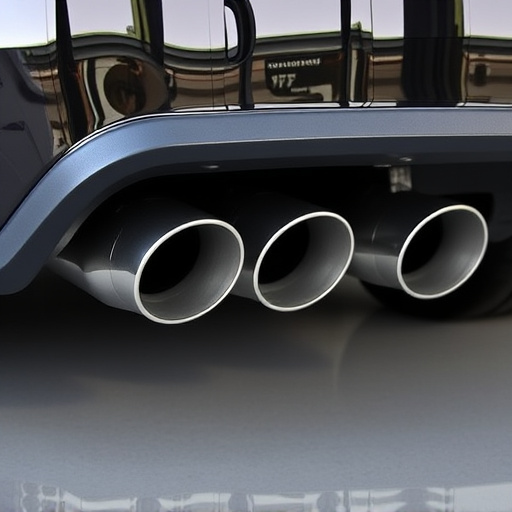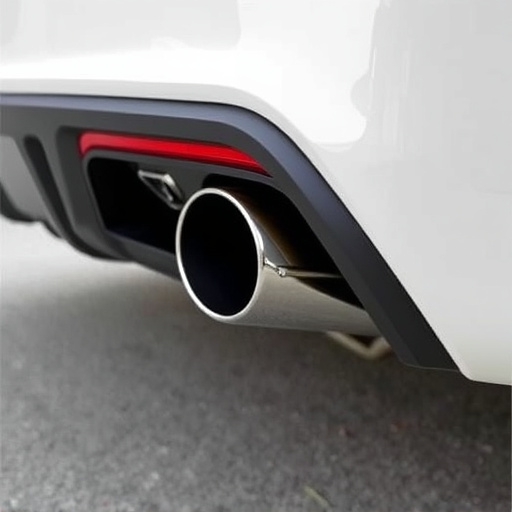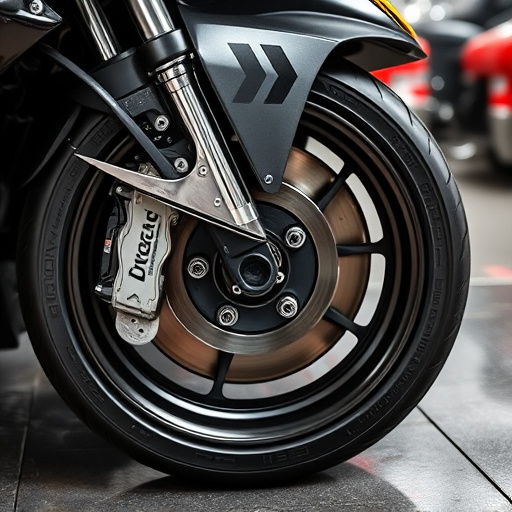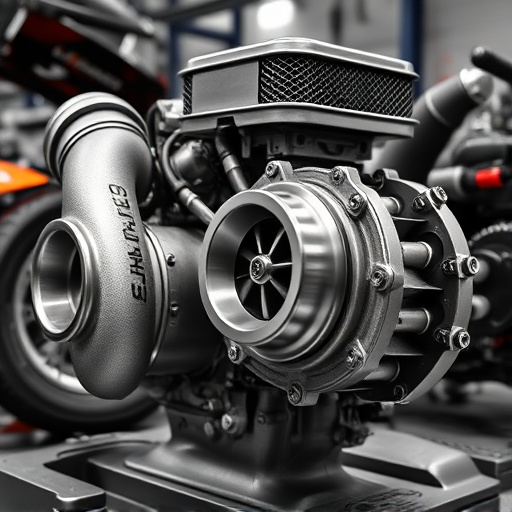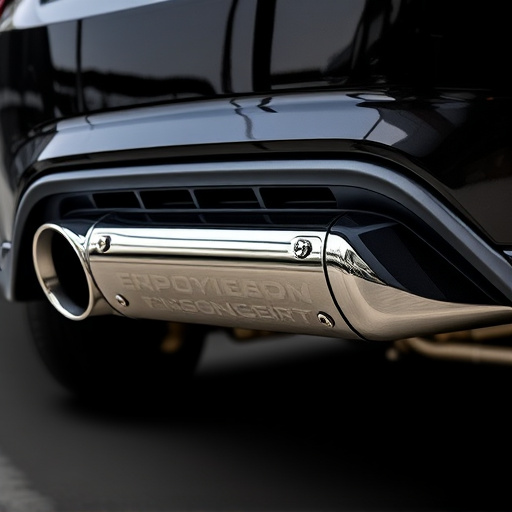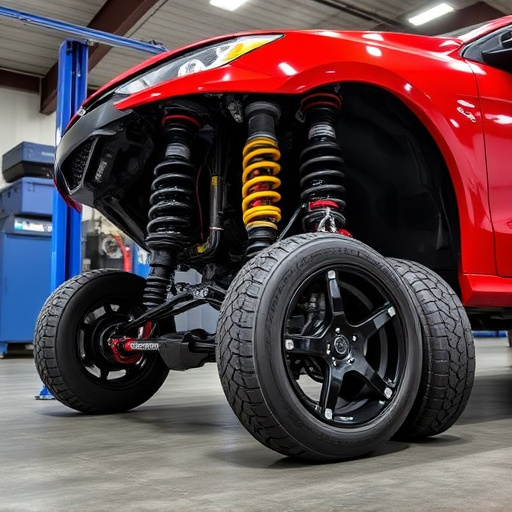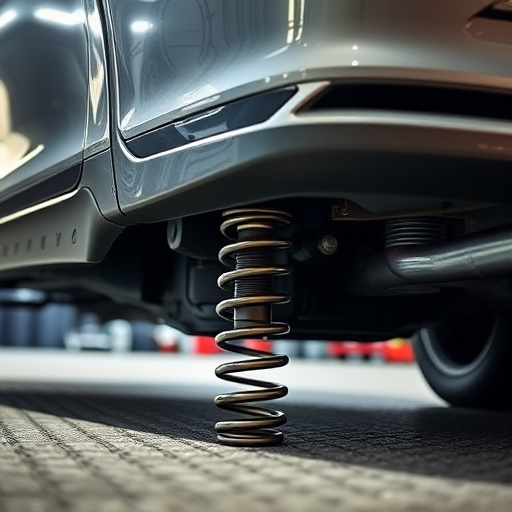Oiled air filters are crucial for engine health, preventing dust buildup and ensuring smooth performance. However, excessive oiling can restrict airflow, trigger the check engine light, impact fuel efficiency, and cause damage. Regular inspection and servicing, especially with high-performance modifications or increased debris, are vital to maintain optimal engine performance and avoid costly repairs. Promptly addressing oiled air filters through maintenance and replacement prevents issues like reduced power, inefficient combustion, and potential engine damage.
“Uncover the potential impact of oiled air filters on your vehicle’s performance. While these filters are designed to enhance engine efficiency, their improper usage or failure can trigger check engine light issues. This article delves into the intricate relationship between oiled air filters and engine diagnostics. We’ll explore how contaminated or degraded filters can disrupt optimal airflow, leading to sensor malfunctions and illuminated warning lights. Additionally, we provide troubleshooting tips and preventive measures to ensure your vehicle’s smooth operation.”
- Understanding Oiled Air Filters and Their Functionality
- The Connection Between Oiled Air Filters and Check Engine Light
- Troubleshooting and Preventive Measures for Oiled Air Filter Issues
Understanding Oiled Air Filters and Their Functionality
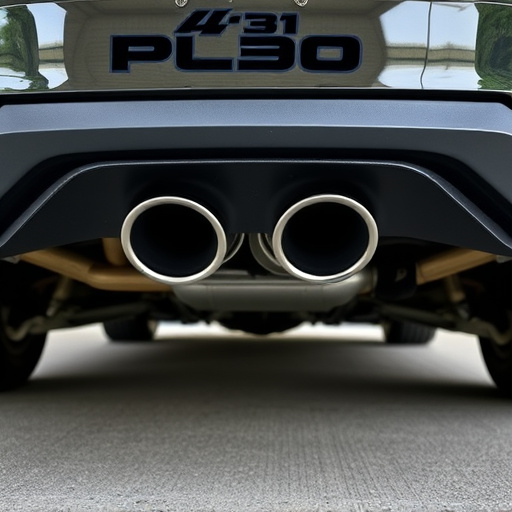
Oiled air filters are designed to enhance engine performance by ensuring a clean and efficient airflow into the combustion chamber. They work by capturing fine particles like dust, dirt, and debris that might otherwise clog up your vehicle’s intake system. These filters are typically soaked in oil to facilitate easier capture of contaminants, preventing them from entering the engine where they can cause damage. This method also makes it easier to clean or replace the filter without disturbing the delicate components inside.
While oiled air filters serve a vital role in protecting your engine, particularly when driving through dusty or sandy conditions, improper installation or maintenance can lead to issues. If an oiled air filter becomes excessively oily or clogged, it might not allow enough cold air into the intake system. This restriction can trigger the check engine light as the engine management system detects an unusual change in airflow, potentially leading to decreased fuel efficiency and reduced engine power. It’s crucial to regularly inspect and service your air filters, especially if you’re using high-performance modifications like cold air intakes or have exhaust muffler tips that direct more debris into the intake.
The Connection Between Oiled Air Filters and Check Engine Light
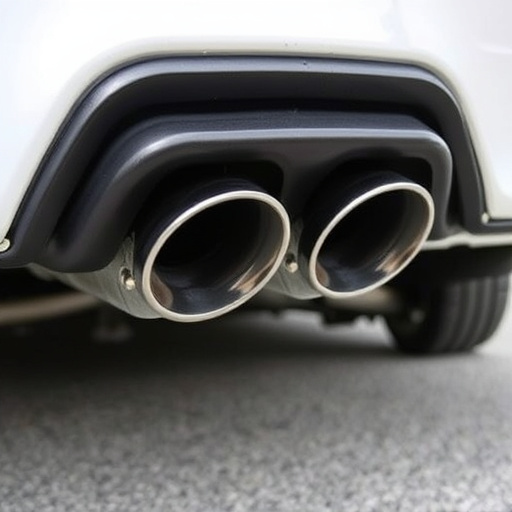
The connection between oiled air filters and the check engine light illuminating on your dashboard is an important aspect to consider when it comes to vehicle maintenance. While an oiled air filter might seem like a harmless modification or a way to ensure a smoother driving experience, it can potentially lead to serious engine issues that trigger this warning light. When an air filter becomes excessively oiled, it restricts airflow to the engine, causing a variety of problems. This restriction can alter the precise mixture of fuel and air required for optimal combustion, resulting in reduced engine performance and efficiency.
Over time, an oiled air filter can negatively impact various components of your vehicle, including the air intake systems, exhaust systems, and even brake rotors. The check engine light is designed to alert drivers to potential problems, and when an oiled air filter is the culprit, it’s crucial to address the issue promptly. Regular maintenance and replacing oiled or contaminated filters are essential practices to prevent these unforeseen complications and keep your vehicle running smoothly.
Troubleshooting and Preventive Measures for Oiled Air Filter Issues
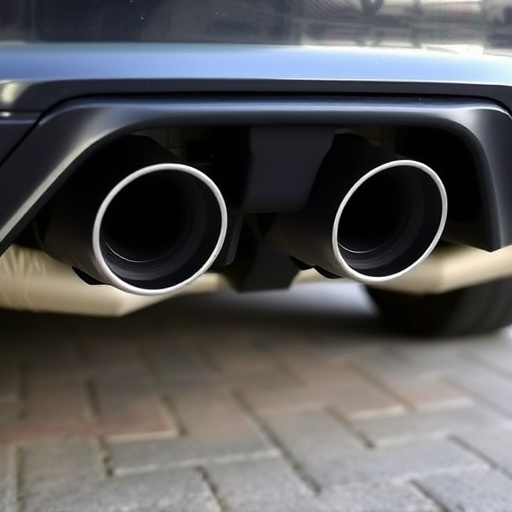
If your check engine light is flashing or illuminating due to an oiled air filter issue, it’s crucial to address the problem promptly. Troubleshooting begins with inspecting the air filter housing for any visible oil leaks. If found, clean or replace the affected components, focusing on both the intake and exhaust systems. Regularly checking and replacing your air filter as per the vehicle manufacturer’s recommendations can prevent such issues.
Preventive measures include ensuring proper maintenance of brake components, intake air filters, and muffler tips, all of which are interconnected with the engine’s performance. Using high-quality, synthetic oil for your vehicle can also reduce the likelihood of filter contamination by adding a protective layer to sensitive parts. By taking these proactive steps, you can mitigate potential damage caused by oiled air filters and keep your engine running smoothly.
Oiled air filters, while marketed as a performance booster, can inadvertently cause significant issues, notably triggering the check engine light. This is primarily due to their potential to disrupt the precise air-fuel mixture required for optimal engine combustion. By allowing too much oil into the airflow, these filters can lead to fuel system errors and reduced engine efficiency. To avoid these problems, regular maintenance and proper filter replacement are crucial. Always opt for high-quality, manufacturer-recommended filters, and be sure to address any issues promptly to prevent more serious engine damage.








